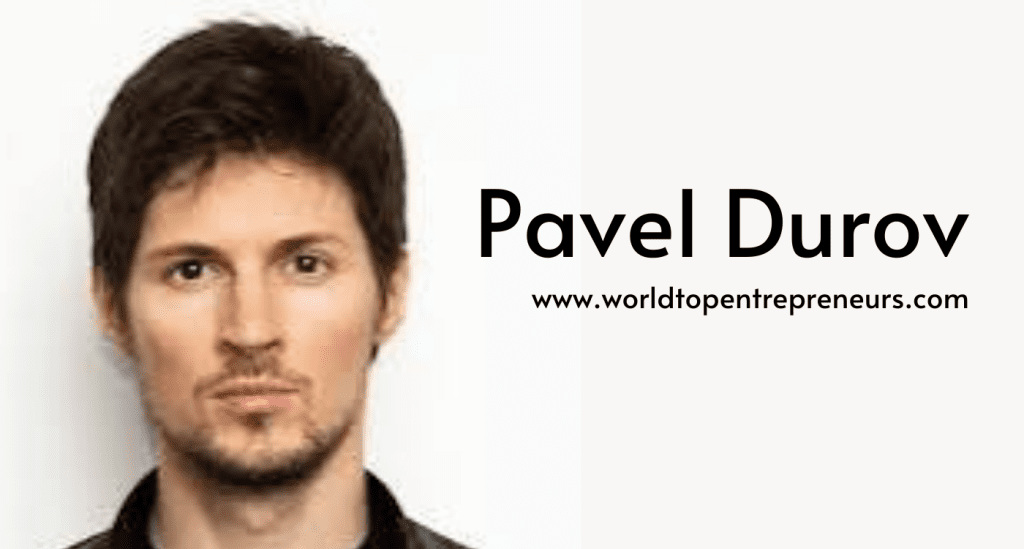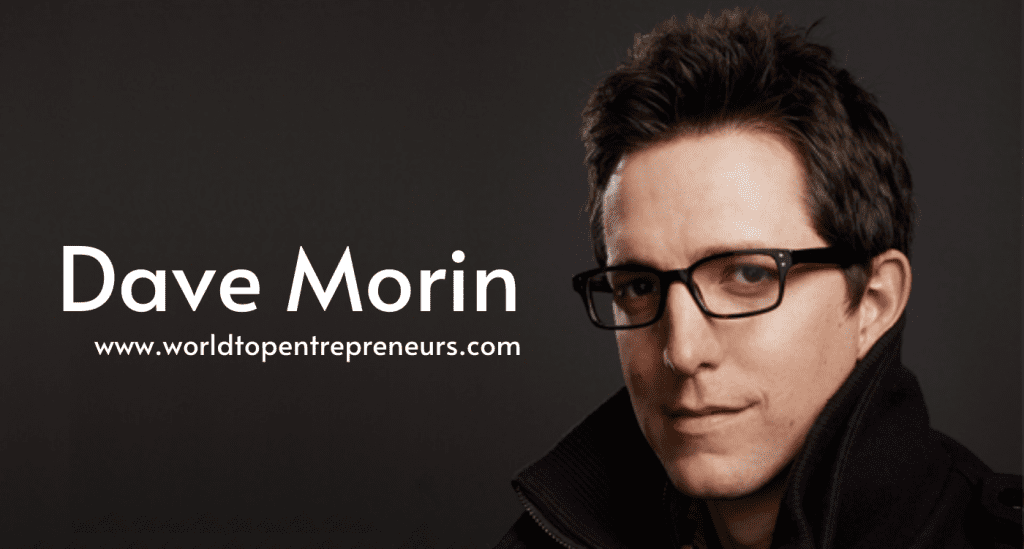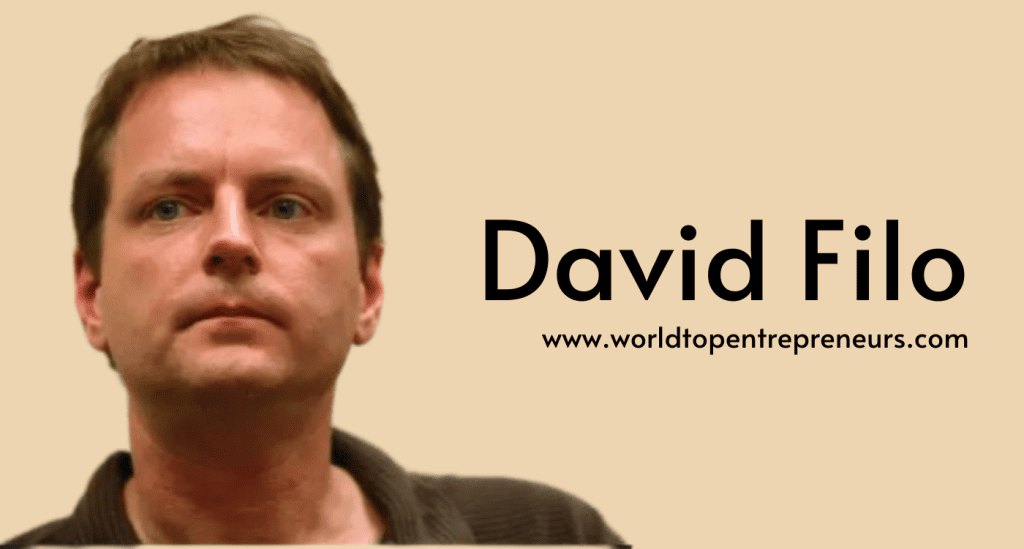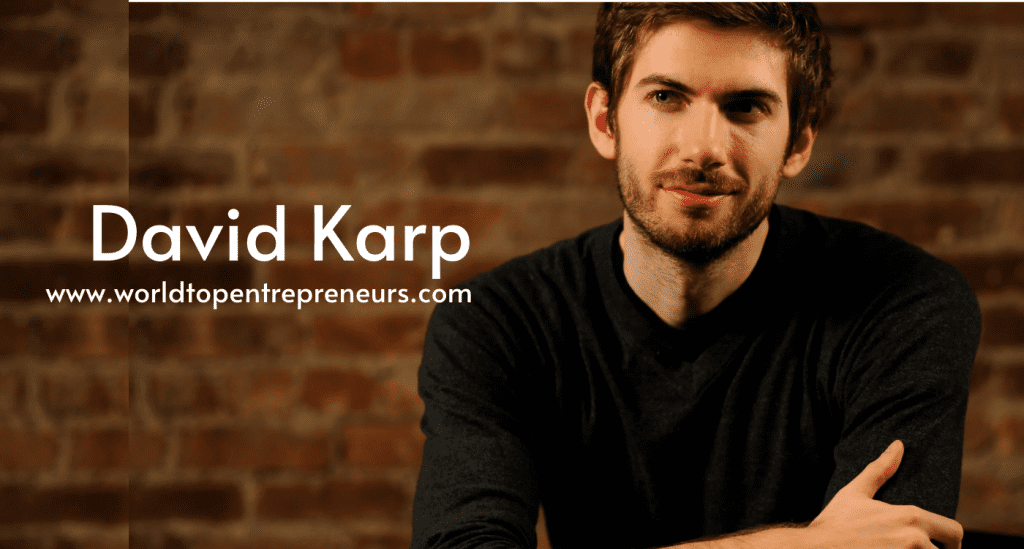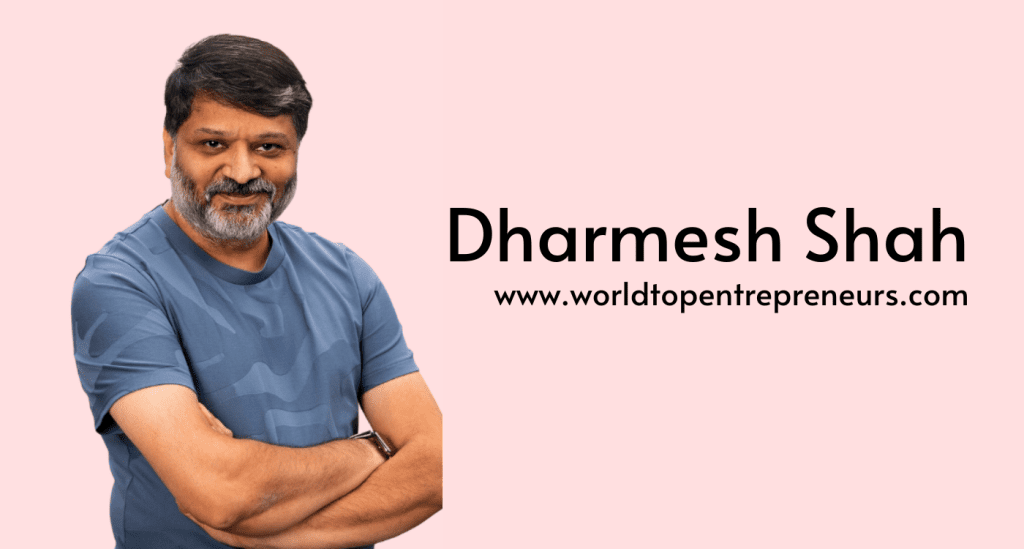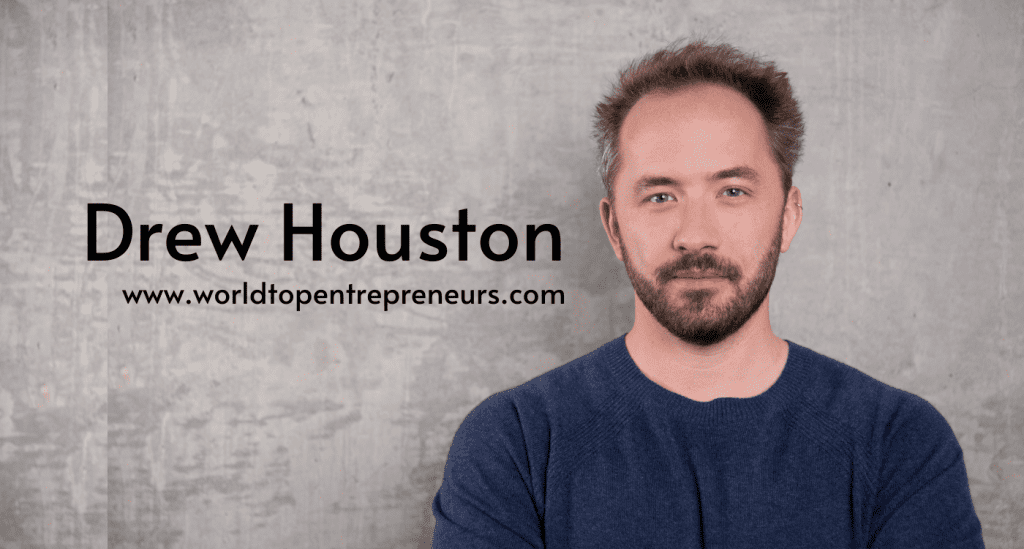Pavel Durov, often regarded as one of Russia’s most successful and innovative tech entrepreneurs, has made a significant impact on the global tech landscape. Known for founding the popular social network VKontakte (VK) and later launching the secure messaging app Telegram, Durov’s entrepreneurial journey is one of resilience, vision, and dedication to the ideals of freedom, privacy, and user-centric technology. This blog will explore Durov’s educational background, business ventures, key successes, challenges faced along the way, and his enduring impact on the world of tech.
Early Life and Education
Pavel Durov was born on October 10, 1984, in Leningrad (now St. Petersburg), Russia, into an intellectual family. His father, Valery Durov, was a respected professor of linguistics, and his mother, an economist. This academic environment influenced Pavel’s early years, where he developed a strong interest in technology, entrepreneurship, and online communication.
Durov attended the prestigious St. Petersburg State University, one of Russia’s top educational institutions. He studied philology, which is the study of language and literature, but his passion for technology soon led him to explore the possibilities of the internet and software development. Despite his academic focus, Durov’s entrepreneurial drive was already taking shape during his university years. He was known for his keen interest in computer programming, the internet, and social networks.
It was during this time that Durov, alongside his brother Nikolai, began exploring the early seeds of what would later become his first major venture: the social network VKontakte (VK).
Entrepreneurial Beginnings: VKontakte
In 2006, while still at university, Pavel Durov co-founded VKontakte, the Russian social network that would later become one of the largest in the world. VKontakte, often referred to as “VK,” was designed to be a Russian counterpart to Facebook, offering users the ability to connect with friends, share content, and join groups. However, VK quickly distinguished itself with its open attitude toward content sharing, which resonated with a generation of young Russians eager for more freedom and less censorship in the digital space.
At VKontakte, Durov served as CEO and was responsible for driving the company’s vision, technology, and business strategy. Under his leadership, VK became the dominant social network in Russia and several other countries in Eastern Europe. By 2011, the platform boasted over 100 million users, making it one of the largest social networks globally.
Challenges at VK
Despite its rapid growth, Durov faced significant challenges at VKontakte. The primary struggle was his increasing tension with the Russian government and investors. Durov’s outspoken stance on issues like censorship, privacy, and freedom of speech caused friction with both the government and some of the platform’s major investors. His refusal to comply with government demands to censor certain content led to his eventual ousting from the company in 2014, even as VKontakte remained the largest social media platform in Russia.
Durov’s departure from VK marked the beginning of a new chapter in his entrepreneurial journey. His commitment to privacy and freedom of expression would now drive him toward his next major project: Telegram.
The Birth of Telegram
After leaving VKontakte, Pavel Durov, along with his brother Nikolai, began focusing on a new project: Telegram, a secure messaging app that would provide users with a platform for private and uncensored communication. The idea for Telegram stemmed from Durov’s increasing concern over government surveillance and the lack of privacy in digital communication. Telegram was designed with strong encryption and a commitment to security, giving users the ability to send messages, make calls, and share content without fear of surveillance or censorship.
Key Features of Telegram
Telegram quickly gained a reputation for being one of the most secure messaging platforms, offering features that prioritized privacy, such as:
End-to-end encryption: Ensuring that only the sender and recipient could read messages.
Secret Chats: Messages that disappear after a set period of time.
Cloud-based storage: Allowing users to access their messages from any device without worrying about local storage limitations.
Customizable bots and channels: Providing a platform for developers to build automated services and content-sharing channels.
Telegram’s commitment to privacy and security attracted a loyal user base, and it quickly became popular not only in Russia but across the globe. The app’s ability to evade government censorship in countries like Iran and China helped solidify its reputation as a tool for freedom of expression.
Growth and Global Reach
Telegram’s growth was exponential. By 2020, Telegram had over 400 million active users worldwide, becoming one of the most popular messaging apps globally, particularly in regions with high censorship or government surveillance. Telegram’s rapid growth was also fueled by word-of-mouth recommendations, its strong privacy features, and its simple yet powerful interface.
However, Telegram’s rise was not without challenges. Durov and his team faced constant pressure from governments and law enforcement agencies who sought to block or regulate the platform due to its encryption and its use by activists, journalists, and dissidents. Despite these efforts, Telegram’s decentralized infrastructure and commitment to user privacy allowed it to maintain its presence and continue growing.
Struggles and Setbacks
Pavel Durov’s entrepreneurial journey has not been without its share of struggles and setbacks, many of which have shaped his leadership style and the development of his companies.
- Government Pressure: One of the biggest challenges Durov faced was the increasing pressure from the Russian government. As mentioned earlier, his refusal to comply with government demands for censorship led to his ousting from VKontakte. His commitment to freedom of speech and privacy at Telegram also brought him into conflict with government authorities in several countries, including Russia and Iran, who attempted to block Telegram or force compliance with local laws.
- Telegram’s Financial Model: Unlike many tech companies, Telegram has been largely self-funded by Durov. He and his brother Nikolai have invested their own personal funds into Telegram, refusing to take outside investments to preserve the platform’s independence. This decision has led to financial struggles, as Durov has had to fund Telegram’s development and infrastructure without relying on traditional revenue streams like advertising or in-app purchases. Despite this, Telegram has managed to stay afloat due to Durov’s personal wealth and his commitment to maintaining the platform’s mission.
- Competition and Market Pressure: Telegram operates in a highly competitive market, with other messaging apps like WhatsApp, Facebook Messenger, and Signal vying for user attention. Despite this competition, Telegram has managed to carve out a unique space by focusing on privacy, security, and user control, which has helped it retain a loyal user base.
Successes and Impact
Despite the challenges, Durov’s entrepreneurial journey has been marked by a series of impressive successes:
VKontakte: Durov’s success with VKontakte remains one of his crowning achievements. VK not only revolutionized social media in Russia but also influenced the development of social platforms globally. His ability to lead a tech startup to such massive scale within a few years is a testament to his vision and determination.
Telegram: Telegram’s success as a secure messaging app is arguably even greater. With millions of users worldwide, it has become one of the most trusted platforms for secure communication, particularly in politically unstable regions. Telegram’s stance on privacy has also resonated with users concerned about government surveillance and corporate data collection.
Commitment to Privacy: One of Durov’s greatest successes has been his steadfast commitment to user privacy. In an age where digital privacy is increasingly compromised, Telegram’s end-to-end encryption and decentralized model have set a standard for what users can expect from a messaging platform.
Telegram’s Future: Telegram continues to innovate, offering new features such as video calls, voice chats, and even cryptocurrency-related services. Durov’s long-term vision for Telegram involves making it a full-fledged platform for communication, entertainment, and even commerce, while still maintaining its core values of security and user autonomy.
Leadership and Legacy
Pavel Durov’s leadership style is characterized by his deep commitment to the ideals of freedom, privacy, and digital rights. He has often been described as a “tech libertarian,” someone who believes that the internet should be a space for free expression and innovation, free from government control and corporate monopolies.
His legacy will likely be defined by his creation of Telegram, which has become a beacon of digital freedom in an age of increasing surveillance and censorship. Through Telegram, Durov has proven that it is possible to build a globally successful business without compromising on user privacy and freedom of speech.
Conclusion
Pavel Durov’s entrepreneurial journey has been one of remarkable success, marked by his innovative approach to social networking and messaging. From creating the first truly successful social network in Russia, VKontakte, to building Telegram into one of the world’s leading secure messaging platforms, Durov has demonstrated an unwavering commitment to his vision of privacy, freedom, and independence in the digital age. Despite facing significant challenges, he has continued to push the boundaries of what technology can achieve, leaving a lasting mark on the global tech landscape.

